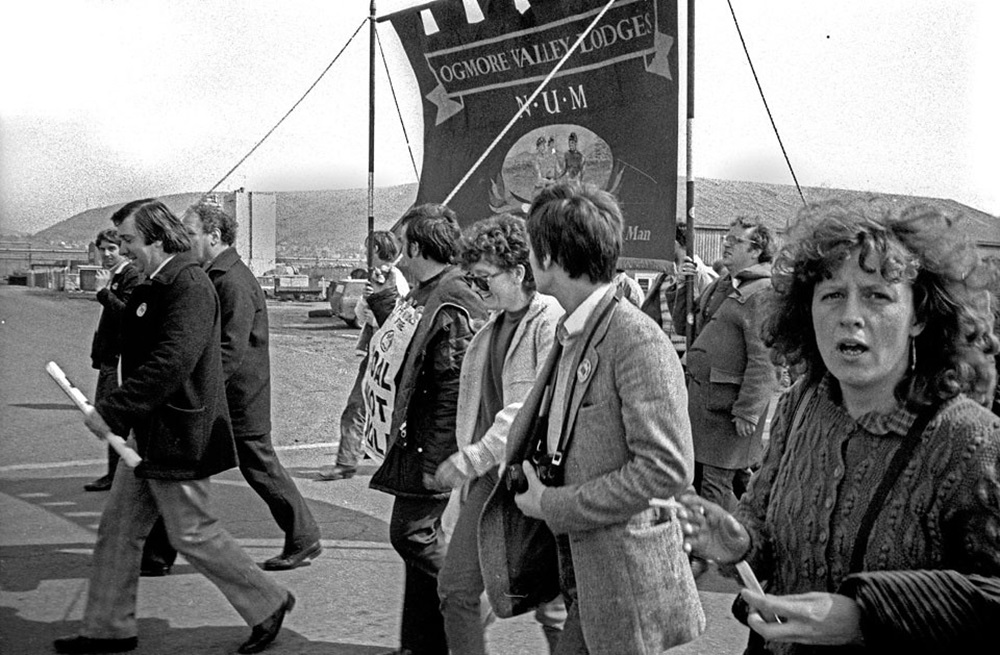New documentary tells the story of the miners’ strike from the perspective of six women on the front line

A new BBC One Wales documentary screening this week, marks the 40th anniversary of the miners’ strike by telling the story of the bitter dispute through the recollections of six women from across the south Wales valleys.
One of the longest and most hostile industrial disputes the UK had ever seen erupted in March 1984 as a result of Prime Minister Margaret Thatcher’s government’s backing for plans to shut 20 coal mines as a cost cutting measure, leading to 20,000 job losses.
The vast majority of the UK’s 187,000 miners went on strike to oppose the planned pit closures.
The miners’ eventual defeat the following year, paved the way for a wave of pit closures and almost all of the UK’s deep coal mines were shut within the next 20 years.
Coal miners from all over Wales took to the picket lines to protest the closure plans and and loss of their jobs.
In Strike! The Women Who Fought Back, the participants tell their story of the nearly year-long events – events that would change the course of their lives – with unflinching honesty, humour and detail.
Picketing
Ann Jones, a miner’s wife from Hirwaun, discusses her experiences of travelling the country, picketing and making speeches in aid of raising money for families in need.
She said: “My village was a very close-knit village. There was so much of the strike being discussed but the television coverage… there was only ever men doing anything. I wanted to be out, I wanted to be seen. I wanted to be involved.”
The programme also details the thousands of women who would organise, campaign and picket on a scale never seen before.
From setting up support groups and arranging food parcel deliveries, to confronting police at colliery protests.
Welfare state
These women stood up, and with opportunities that were previously not afforded to them, used their voice to support their communities and families.
Kay Bowen, from the Dulais Valley, who helped organise food parcels for miners’ families said: “Within a fortnight, we were feeding the Seven Sisters valley, the Dulais Valley and the top end of the Neath valley. It was a network of miner’s wives. A welfare state really.”
Despite the end of the strikes in early ’85, live didn’t return to how it was before.
The events of the previous year would transform the women’s lives, giving them each a new purpose.
Campaigner Sian James felt she had a voice and a story just as important as anyone, and vowed to push through more barriers, starting with finishing her education and getting a degree, on the way to becoming an MP.
Strike! The Women Who Fought Back is on BBC One Wales on Tuesday 12 March at 9PM.
Support our Nation today
For the price of a cup of coffee a month you can help us create an independent, not-for-profit, national news service for the people of Wales, by the people of Wales.







